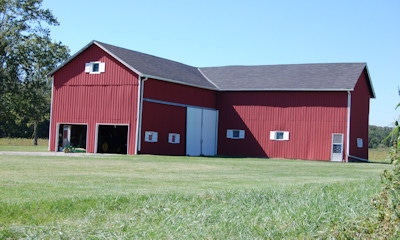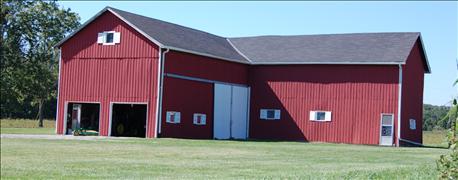January 18, 2016

It’s important to note that succession planning, a broader term for “the creation of a buy-sell agreement,” is an equally important part of estate planning for farmers. Although your will and trust may be in great shape, the succession plan for passing on the family farm may be a disaster waiting to happen. Thus, the utilization of buy-sell agreements in farm succession planning is of paramount importance.

PLAN TO PASS IT ON: Even a will or trust may not be sufficient to make sure the farm continues to operate in the future. Experts say succession planning is different, and should be done as soon as possible.
How do you know when you’ve covered all the bases? A good succession plan addresses five basic issues. If you already have a plan, review it to see if it includes these five points. If you don’t have a plan yet, when you set down with your attorney to work out your plan, make sure he or she is aware of these points.
Business opportunities and risks. A strategic assessment will determine if you should keep or sell the farm. This assessment will evaluate the current value of the farm, methods needed to improve farm value and any factor that might potentially reduce the farm’s value. It’s an important first step, even if your intent is to keep and pass on the farm.
Related: Financial Q&A: Start the farm succession planning conversation
Generation differences. Are there discrepancies in the way the current generation runs the farm and how the next generation may run it? The skills required for the next manager may be quite different from what worked for the current manager.
Ownership models. First-generation farms tend to use an owner-manager model of ownership: The owners work in the farm and derive their “ownership benefits” from compensation and other deductible perks. Second and third generation farms are often sibling- or cousin-owned, and use a hybrid ownership model, with some family members active in the business and others not active, but with ownership interest. As farms evolve, they may use an owner/investor model, in which ownership is held in family entities such as limited liability companies and trusts.
Leadership and management. Is there a shared vision for the farm? If so, who in the next generation possesses the passion and competence to implement this vision? It’s an issue you need to put thought into before making succession planning decisions.
Personal/family issues. These issues are emotional as well as financial. Here is where you address the fairness/equalization issues when your three city-dwelling children are not interested or active in the farm, yet your one child is active and would like to continue running the business. It may not be the easiest tor most pleasant discussion to have, but it is absolutely essential.
Gudorf writes from Dayton, Ohio. This information is not legal advice and does not constitute an attorney-client relationship. Gudorf Law Group LLC specializes in estate planning, tax advisory and elder care law. Partner Michael Menninger contributed to this article. Contact Gudorf Law Group LLC at 937-898-5583, or daytonestateplanning.com.
FREE REPORT: A Guide to Succession Planning
You May Also Like




